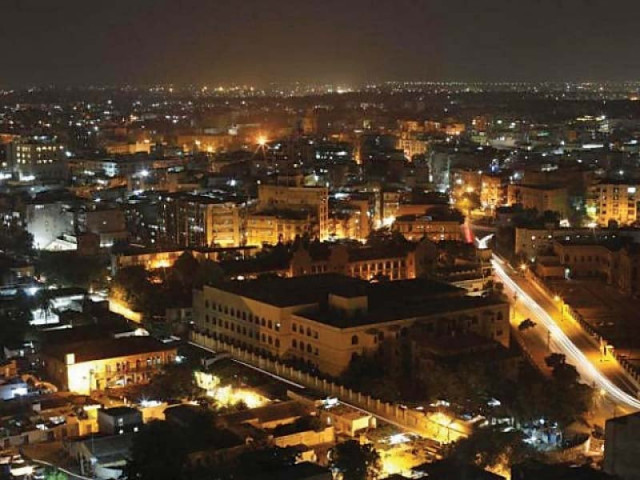EAC asks premier to take tough economic decisions
Govt still undecided on going to IMF; Fund’s team to arrive next month

Private members advised the government to review the possibility of tapping unconventional markets to raise funds for external sector financing. PHOTO: FILE
However, the EAC was informed that a technical assistance team of the IMF would visit Pakistan next month to advise Islamabad on improving data standards.
Three eminent foreign-based members of the council skipped the first meeting including Dr Atif Mian and the huddle was chaired by Prime Minister Imran Khan at his office.
Mian’s appointment as EAC member has stirred a controversy as he belongs to the Ahmadi community.
CII scholar defends EAC appointment
Dr Imran Rasul, Dr Asim Ijaz Khawaja and Dr Atif Mian, who are based in the United States and the United Kingdom, were supposed to attend the meeting through video conference.
Finance Minister Asad Umar informed the EAC that his government has not yet taken a decision on whether Pakistan would seek an IMF bailout programme or not as internal discussions were still ongoing.
The EAC was informed that the government would formulate its policy options to deal with fiscal and external sector challenges by early October, officials said. Earlier, the finance minister had given end-September deadline.
The Pakistan Tehreek-e-Insaf (PTI) government is taking too much time in finalising its options to deal with the external sector challenges in the midst of a decline in official foreign currency reserves.
The State Bank of Pakistan (SBP) reported on Thursday that Pakistan’s gross foreign currency reserves slid 3.4% to $9.9 billion last week.
Umar is said to have told the EAC that an IMF technical team would visit Pakistan next month to advise the government on data standards. It will be the second visit of the technical team in three months.
Imran has set up an 18-member EAC, including 11 from the private sector, which will advise the government on formulation of economic policies. He stated in the meeting that because of wrong economic policies of the last Pakistan Muslim League-Nawaz (PML-N) government, poverty and inequality in the country had increased. He said the previous government ignored low-income groups.
None of the private sector members advised the government to go to the IMF, sources added. However, they urged the government to take tough economic decisions to correct the macroeconomic imbalances.
They also urged the government to inform the public about the correct position and the need for increasing utility charges like gas and electricity, sources said.
Umar assured the EAC that the government would take tough decisions wherever needed and would also take the nation into confidence.
Umar informed the EAC that macroeconomic stabilisation was the immediate challenge before the government, requesting private members’ input to handle it.
Several Dar team members retained in reconstituted Economic Advisory Council
The government faces the twin-deficit challenge - higher budget deficit and current account deficit, which has alarmingly increased the country’s reliance on domestic and external creditors.
The current account deficit widened to $18 billion in the last fiscal year, which was financed by consuming foreign currency reserves and taking more loans.
Sources said Umar informed that the structural reforms were another key challenge, but it would require short-to-medium-term solutions. He described tax reforms as a major challenge for the new government, the sources said.
The finance minister described the de-industrialisation as a main concern for his government. He is said to have told the EAC that the country already had low per capita income of around $1,600 and reduction in the share of industry would further increase poverty and inequality.
The finance minister vowed to make the Pakistan Bureau of Statistics independent from government’s influence.
The private members advised the government to review the possibility of tapping unconventional markets to raise funds for external sector financing.
However, the government did not share its assessment of external financing gap in the current fiscal year with the EAC. They also discussed capital market reforms.
Published in The Express Tribune, September 7th, 2018.
Like Business on Facebook, follow @TribuneBiz on Twitter to stay informed and join in the conversation.



















COMMENTS
Comments are moderated and generally will be posted if they are on-topic and not abusive.
For more information, please see our Comments FAQ